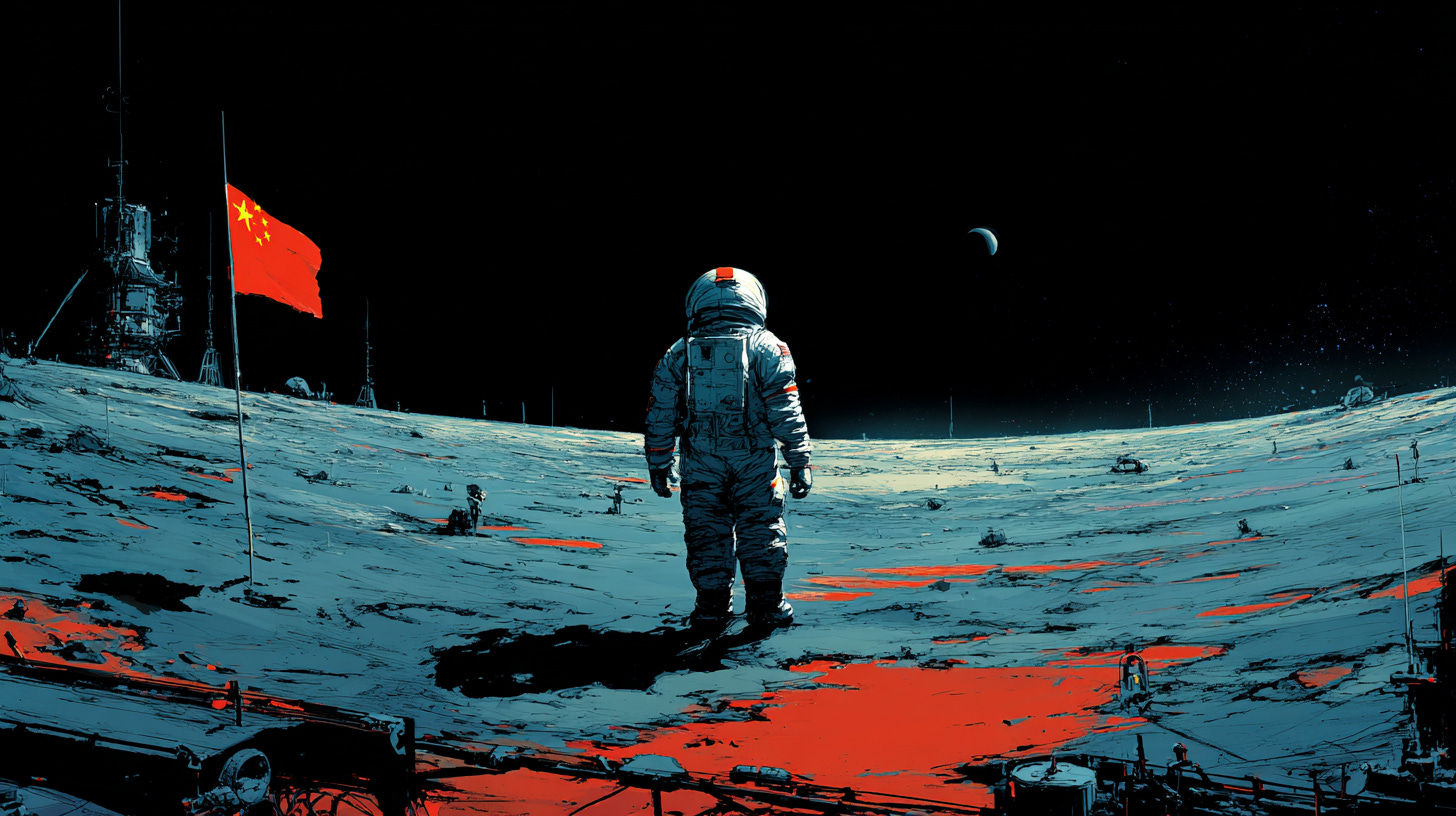Editor’s Note: One lesson I took from my recent readers poll is that a good number of you would like a weekly summary of my various essays, Q&As, and podcasts here at Faster, Please!
So here you go. And along with it, a shorter version of the most notable Up Wing and Down Wing news items from the past week.
😧 Learning the right lessons from the 1980s Japan panic (August 19, 2025)
The Gist: America's secreat sauce is a culture of risk-taking and openness — a lesson underplayed by those who feared Japan then and envy China's model now.
Context: In the 1980s, the US panicked that Japan would eclipse it. Books like Japan as Number One and films like Rising Sun warned of American decline, while “Atari Democrats,” challenging Reaganomics, called for an industrial policy to match Japan’s state-led model.
The Twist: By the 1990s, Japan’s apparent miracle had given way to stagnation. America, meanwhile, revealed its own hidden strength in the form of openness to talent, deep capital markets, and a culture of risk-taking: '“America retained what Joel Kotkin and Yoriko Kishimoto, in their 1990 book The Third Century, called its sokojikara — a Japanese term referring to latent inner strength or ‘reserve power’ that remains hidden below the surface yet eventually provides resilience.” That resilience fueled the Information and Communications Technology Revolution, birthing companies like Amazon, Google, and Nvidia.
Suspicious Parallel: Analysts misread Japan’s export surge as a permanent edge, just as many now misinterpret China’s catch-up growth. Beijing’s state-led model has delivered scale but not sustained breakthroughs — and it now faces flat productivity, demographic decline, and entrepreneurial constraints.
Up Wing Up Shot: America’s advantage lies not in copying dirigisme but in sustaining its strengths: entrepreneurial dynamism, open markets, and smart science funding. Copying Beijing’s command-and-control risks undermining the very edge that powers US renewal.
🚀🌑 China will probably beat America back to the Moon. Then what? (August 20, 2025)
TL;DR. A lunar loss could sting — but also reinforce America’s long-run space ambitions.
Bit of Background. China’s space program is moving steadily forward: the Lanyue lander, Long March 10 rocket, and Mengzhou crew capsule are all advancing. Eric Berger of Ars Technica reports that Beijing may well return astronauts to the lunar surface before 2030 — ahead of NASA.
Contrast. Yes, NASA’s Artemis program aims higher than its 1960s Apollo missions, with reusable landers, in-space refueling, and a foundation for a lunar economy. But delays with SpaceX’s Starship and Blue Origin’s lander mean America risks losing the “first back” race.
Unpleasant Implications. A Chinese first step would end America’s decades-long monopoly on human Moon landings. Analysts warn of a propaganda shock: proof that China can “do ‘big’ things,” as one China-space analyst puts it, while America falters. On TikTok alone, more than 1.5 billion users could see Beijing claim symbolic victory. Rough.
Media. In alt-history TV series For All Mankind, a 1960’s Soviet first lunar landing gives the USSR a huge global PR boost — but also galvanizes a massive US space effort and an innovation surge. Maybe Americans in real life have an opportunity to repeat that galvanizing effect (after a round of humiliation).
Up Wing Up Shot. Apollo’s initial triumph quickly faded into budget cuts and retreat after its final 1972 mission. A Chinese win could sting, but it might also shock Washington into turning space into a lasting national project — a foundation for a true spacefaring civilization.
👶 Bracing for depopulation: My chat with economic demographer Dean Spears (August, 22, 2025)
Keep reading with a 7-day free trial
Subscribe to Faster, Please! to keep reading this post and get 7 days of free access to the full post archives.




